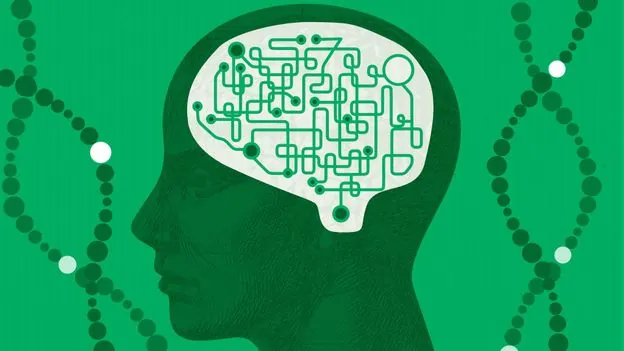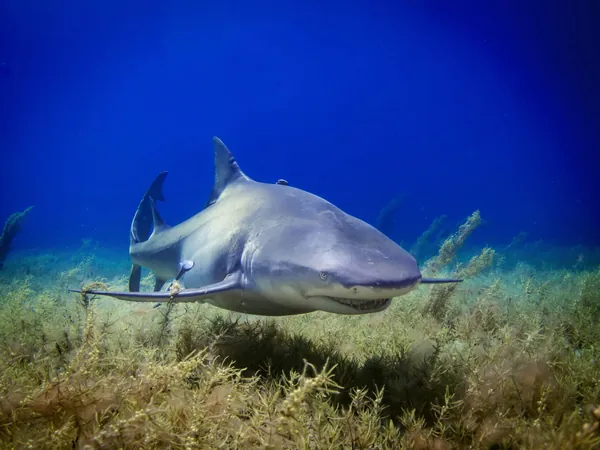
Unlocking the Genetic Code: Why Autism Affects Some but Not Others
2025-04-16
Author: Rajesh
A Long-Standing Mystery Unraveled
For years, scientists have struggled to pinpoint the genetic roots of autism—a condition affecting millions worldwide. Despite a significant shift in understanding since the 1970s—from viewing autism as a result of poor parenting to recognizing a strong genetic component—much remains shrouded in mystery. But researchers are beginning to lift the veil on this complex puzzle.
The Evolution of Thought on Autism
In the mid-20th century, autism was mischaracterized as a product of inadequate parenting, with Dr. Leo Kanner’s "refrigerator mother" theory claiming that emotional neglect from mothers led to the disorder. Thankfully, studies in the late 1970s demonstrated a clearer picture: autism often runs in families, particularly among identical twins, where the probability of both siblings being autism-diagnosed surpasses 90%. This paved the way for the acceptance of a genetic basis for autism.
Genetic Variations: The Hidden Pieces
Despite identifying the genetic component, understanding which specific genes are involved continues to be an intricate task. Research indicates a tiny yet crucial 0.1% variation in the DNA of individuals affects how genes function, with some variations leading to severe neurodevelopmental challenges. The current focus is on identifying 'super strong' mutations linked to autism, which are responsible for significant disabilities.
De Novo Variants: Nature’s Lottery
Some mutations appear spontaneously in embryos—termed de novo variants—while others may be inherited from seemingly neurotypical parents. This revelation challenges researchers to comprehend why, despite sharing genetics, the child manifests autism while the parent does not. It suggests a complex interplay between inherited and incidental genetic elements.
The Role of Environmental Influences
While genetics is a cornerstone of autism development, environmental factors also play a role. Research indicates risks from prenatal exposure to pollutants and complications during birth. Nevertheless, misconceptions linking autism to vaccines persist. Today, efforts to clarify these connections face scrutiny, especially with political figures pledging to investigate further.
Understanding Brain Development and Genetic Milestones
Neuroscientists assert that many autism-related genes are activated during crucial stages of fetal brain development. Disruptions during this period can set a child on a divergent developmental path. Increasingly, genetic findings help families understand their children’s challenges and predict the potential trajectory of their development.
A Spectrum of Experiences and Perspectives
Autism is far from a one-size-fits-all condition. The spectrum encompasses individuals with varying degrees of challenges, from those needing lifelong support to others who thrive independently. Some view autism not as a disorder but as a unique identity, raising concerns about genetic research leading to stigmatization or even selective termination before birth.
Hope for the Future: Therapeutic Innovations
With advances in genetics, new therapies showing promise are under investigation. Techniques like gene therapy and potential treatments targeting specific mutations may redefine outcomes for severely affected individuals. These innovations inspire hope, but also necessitate sensitive dialogues with the autistic community about identity and individual needs.
Striking a Balance in Autism Research
As researchers delve into the genetic intricacies of autism, the debate continues. Understanding the genetic basis may lead to breakthroughs in treatments, yet it could also reinforce biases if not approached thoughtfully. There's consensus on the need for continued developmental support and advocacy for the neurodiverse, ensuring inclusivity and acceptance remain at the forefront of discussions.
Conclusion: The Journey Continues
The quest to decode autism is far from over. While the genetic landscape offers promising insights, it highlights the inherent complexity of this condition. As science advances, embracing the rich tapestry of experiences within the autistic community remains paramount in shaping a supportive and informed future.




 Brasil (PT)
Brasil (PT)
 Canada (EN)
Canada (EN)
 Chile (ES)
Chile (ES)
 Česko (CS)
Česko (CS)
 대한민국 (KO)
대한민국 (KO)
 España (ES)
España (ES)
 France (FR)
France (FR)
 Hong Kong (EN)
Hong Kong (EN)
 Italia (IT)
Italia (IT)
 日本 (JA)
日本 (JA)
 Magyarország (HU)
Magyarország (HU)
 Norge (NO)
Norge (NO)
 Polska (PL)
Polska (PL)
 Schweiz (DE)
Schweiz (DE)
 Singapore (EN)
Singapore (EN)
 Sverige (SV)
Sverige (SV)
 Suomi (FI)
Suomi (FI)
 Türkiye (TR)
Türkiye (TR)
 الإمارات العربية المتحدة (AR)
الإمارات العربية المتحدة (AR)